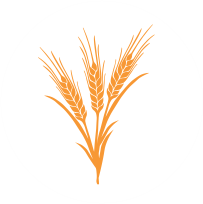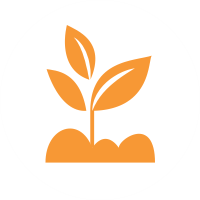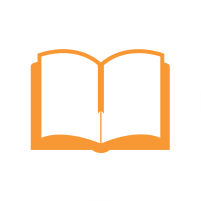The Southern Africa region remains the primary recipient of Official Development Assistance, with countries south of the Sahara receiving on average over $25 billion between 2015-2016. The World’s fast-changing political and economic environment has ushered in an increased need for accountability across the board. Donor countries are under renewed pressure to report on each ODA investment, and this in turn call recipient governments and implementing agencies to account for each development-related expenditure. Managing and measuring results remains the best strategy to focus on performance and achievement of outputs, outcomes and impacts, thus creating clear, common and quantifiable objectives all parties be accountable to.
Through our work in Research & Results Measurement (RRM), ELIM employs internationally recognised methods for monitoring and evaluating the results of development. For over six years, we have built a reputation for rigorously measuring the effectiveness, relevance and impact of donor interventions in Mozambique. We have built a robust network of local enumerators across all 11 Mozambican provinces, all meticulously trained in qualitative and quantitative data collection methods. Through continuous integration of innovative approaches in our work, we make use of electronic data collection tools, and internationally recognised data management systems.

Nutrition & Food Security

Agriculture

Education

Health

Gender
300+ Field Staff 200+ Expert Consultants
Experience in all Mozambican Provinces
Experts in Longitudinal Surveys
CAPI Data Collection

Sustainable Project of Land and Water Resources Management (SLWRMP),The World bank Mozambique
The AfDB-funded Sustainable Land and Water Resources Management Project (SLWRMP) sought to increase the capacity of communities to address the inter-linked challenges of adverse impacts of climate change, rural poverty, food insecurity and land degradation. The Project was implemented in the four drought affected districts of Guija, Mabalane, Chicualacuala and Massengena and intended to reach a total 40,000 beneficiaries. Under the component of Agriculture Water Infrastructure Development, the project sought to introduce new small-scale irrigation systems to improve farmer yield in the Gaza Province.

Evaluation of the Accelerated School Readiness Pilot Programme in Mozambique, Mozambique
In response to the recent advances on evidence generation related to early childhood development and education (ECD/ECE), UNICEF launched a pilot programme to test out low-cost accelerated school readiness in Mozambique. The programme draws from the successes of a similar pilot launched in successfully in Ethiopia. ELIM was subcontracted by American Institutes for Research (AIR) to evaluate the Mozambican pilot implemented by Save the Children Mozambique. The evaluation comprises a Baseline survey, Mid-term review and Endline evaluation of the entire programme. It covers 60 communities from the districts of Morrumbala and Derre in Zambézia province.

Impact Evaluation and Literacy Assessment of the McGovern-Dole programme in Mozambique
For over six years, the U.S. Department of Agriculture (USDA)’s Foreign Agricultural Service (FAS) has been funding the McGovern-Dole programme activities. The programme is based on the theory that improved literacy and instructuction on health, hygiene instruction paired with regular school meals will lead to improved literacy, health, and dietary practices in students. In Mozambique, the programme is implemented by World Vision and Planet Aid Incorporated, and seeks to reduce hunger and improve literacy and primary education in the Nampula and Maputo provinces.



